AYURVEDA AND TRAUMA
 As we step into a new year and reflect on past experiences, particularly as we emerge from a global pandemic, many of us come to realize how challenging life can be. Living through the pandemic has been traumatic for many people in all sorts of different ways. Aside from the pandemic, many of us have experienced traumatic events. Researchers are beginning to scratch the surface and understand trauma. As it is a natural and normal part of life, albeit an unfortunate
As we step into a new year and reflect on past experiences, particularly as we emerge from a global pandemic, many of us come to realize how challenging life can be. Living through the pandemic has been traumatic for many people in all sorts of different ways. Aside from the pandemic, many of us have experienced traumatic events. Researchers are beginning to scratch the surface and understand trauma. As it is a natural and normal part of life, albeit an unfortunate
According to the American Psychological Association, trauma is “an emotional response to a terrible event like an accident, rape, or natural disaster. Immediately after the event, shock and denial are typical. Longer-term reactions include unpredictable emotions, flashbacks, strained relationships, and even physical symptoms like headaches or nausea. While these feelings are normal, some people have difficulty moving on with their lives.”
Outside of the more well-known PTSD (post-traumatic stress disorder) diagnosis, which did not exist before the Vietnam war, the study of trauma is relatively new and fascinating. Once thought to be a condition caused by the traumatic experiences of war veterans, research is teaching us that changes within our body following a traumatic experience and our reactions to such events exist on a spectrum and can vary from person to person based on a number of differentiating factors, such as resilience.
Beyond living through the trauma of war, people may exhibit the symptoms of trauma from a wide range of traumatic experiences, including but not limited to, abuse in all forms, the death of a loved one and other adverse events. Trauma can lead to a multitude of physical and psychological symptoms and health complications. Understanding how a traumatic event “changes” your body and thought processes and how to effectively manage such changes or symptoms is important to your health and wellbeing.
What Is the Ayurvedic Perspective on Trauma?

Ayurvedic medicine, also known as “Ayurveda” is one of the world's most ancient and treasured holistic healing practices. Developed over 3000 years ago in India, Ayurveda understands health as a balance between the mind, body, and spirit, or soul. This fascinating interconnection of wellbeing is particularly meaningful with respect to trauma.
Ayurveda teaches that trauma and anxiety occurs when the mind is in conflict with reality. This is called “Pragnaparadha”. There is an emphasis on the importance of keeping one’s doshas in balance. According to the Ayurvedic philosophy, doshas are biological energies found throughout our mind and body. They govern physical and mental processes and provide us with a blueprint for health. The three Ayurveda doshas are Vata, Pitta and Kapha. Vata is made up of air and space elements. Vata types are commonly described as quick thinking, thin, and fast
moving. Pitta is made up of fire and water. A Pitta type is usually described as having qualities reflective of Fire and Water, such as a fiery personality and oily skin. Kapha is made up of water and earth. A Kapha type is usually describes as one with a solid bodily frame and calm temperament, reflecting the underlying elements of Earth and Water. Ayurveda suggests that we should aim to achieve balance of our doshas and clear ourselves of unclear or obstructive thinking. We can do so by implementing any one or more of the following practices that may work for us. Check with your health provider before making changes to your diet (including the addition of herbs) or lifestyle. If you or someone you care about has been affected by trauma, contact your healthcare professional for support. Reach out and connect with those you care about. You can access a support service in your area by clicking here.
Eight Ayurveda Practices to Help Manage the Effects of Trauma

• Healing herbs such as Ashwagandha and Brahmi, which help in the management of trauma and anxiety.
• Therapeutic head, body (Abhayanga) and/or foot massage. This can help stimulate “happy hormones” or endorphins.
• Shirodhara (also known as the third eye treatment). In this treatment, therapeutic oil infused with healing herbs is poured on the forehead (and head) in a special way.
• Mindfulness and Mediation.
• Yoga.
• Deep breathing and breath control – in Ayurvedic practice, breathing practice is called Pranayama.
• Self compassion. Dr. Gabore Mate discusses the importance of this philosophy.
• Essential Oils. WILD GRACE offers a variety of body oils and Essential oil perfumes adapted to each dosha to help support and balance your doshas, as well as provide a variety of benefits to your skin, mind, body and spirit.


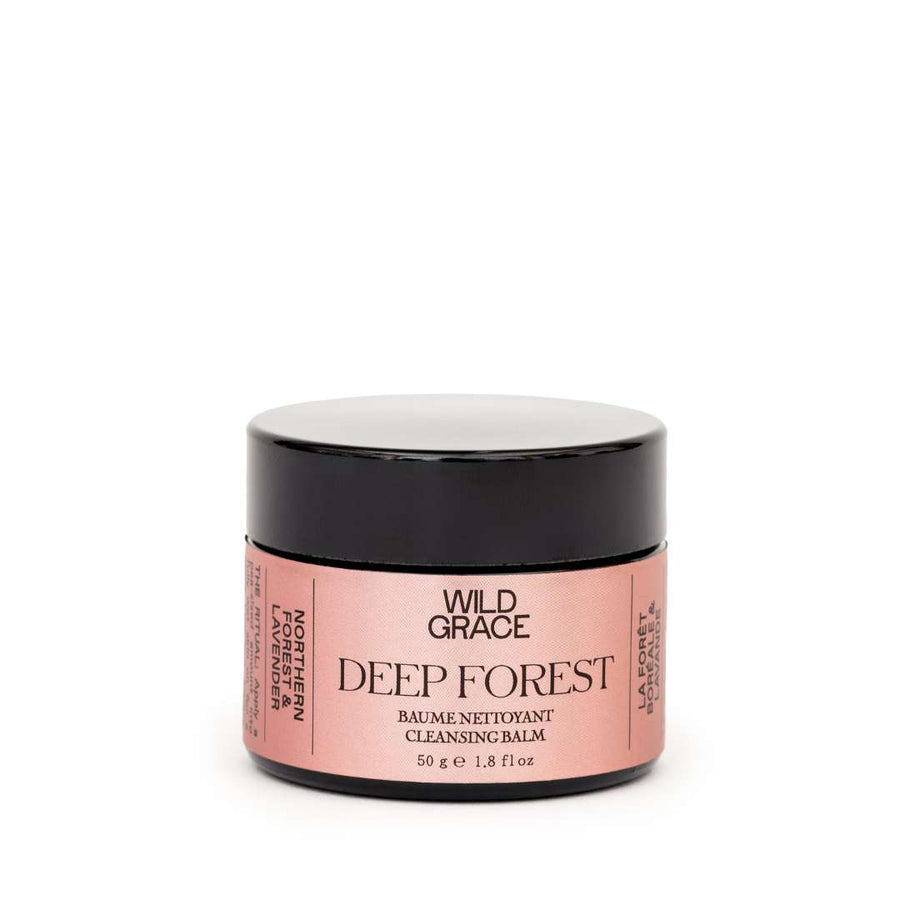
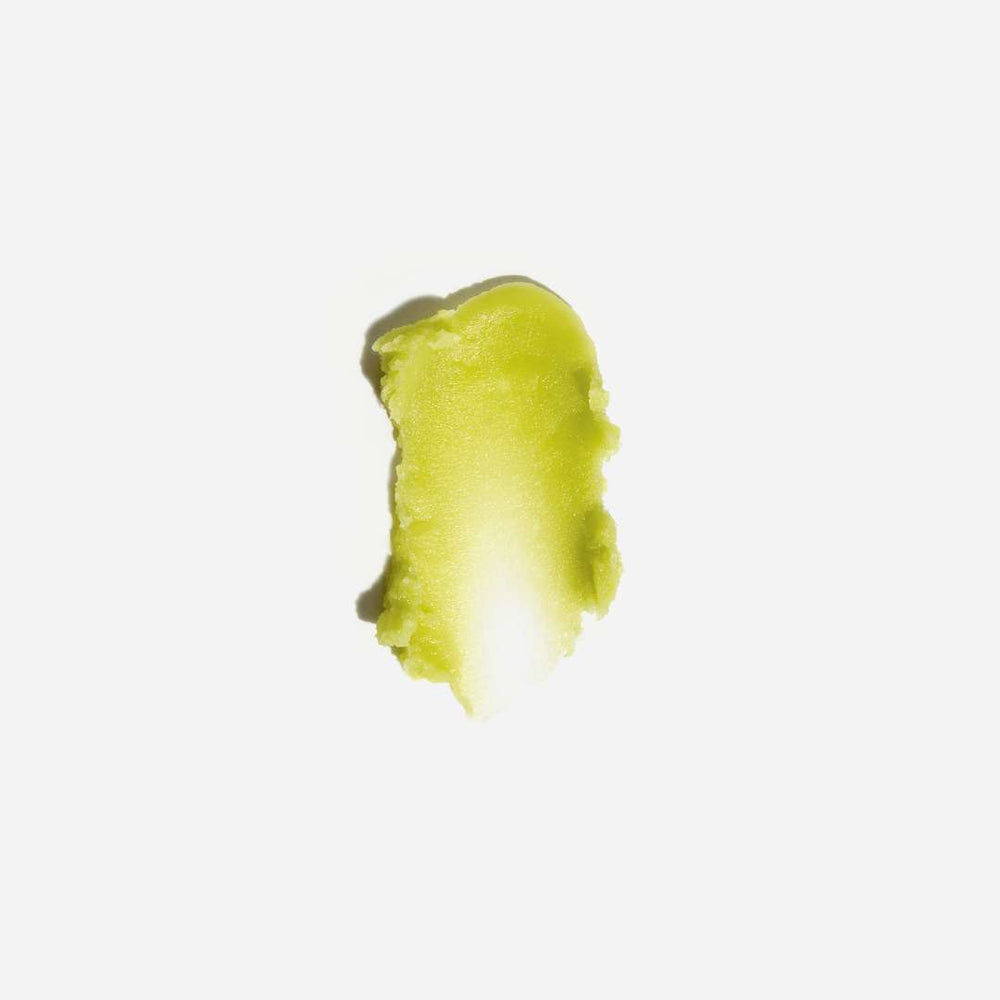

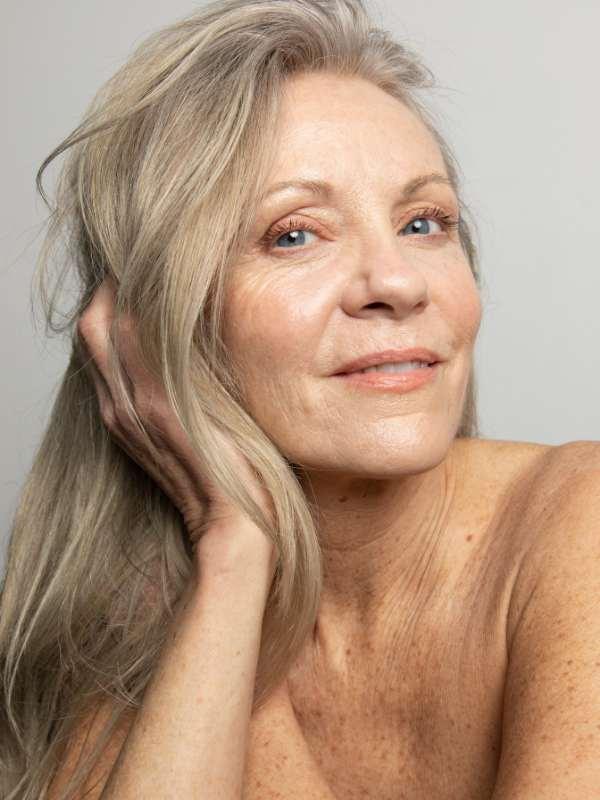
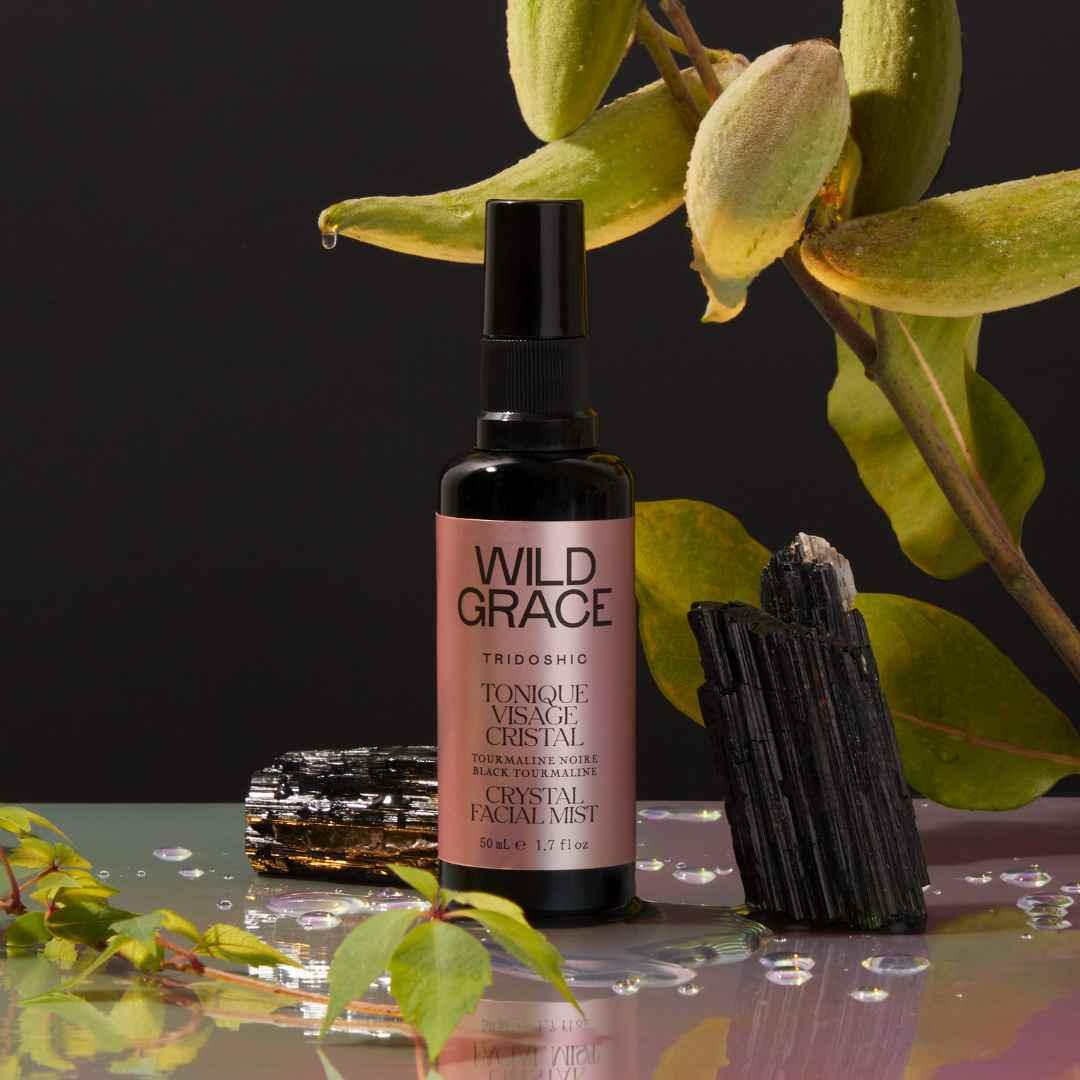
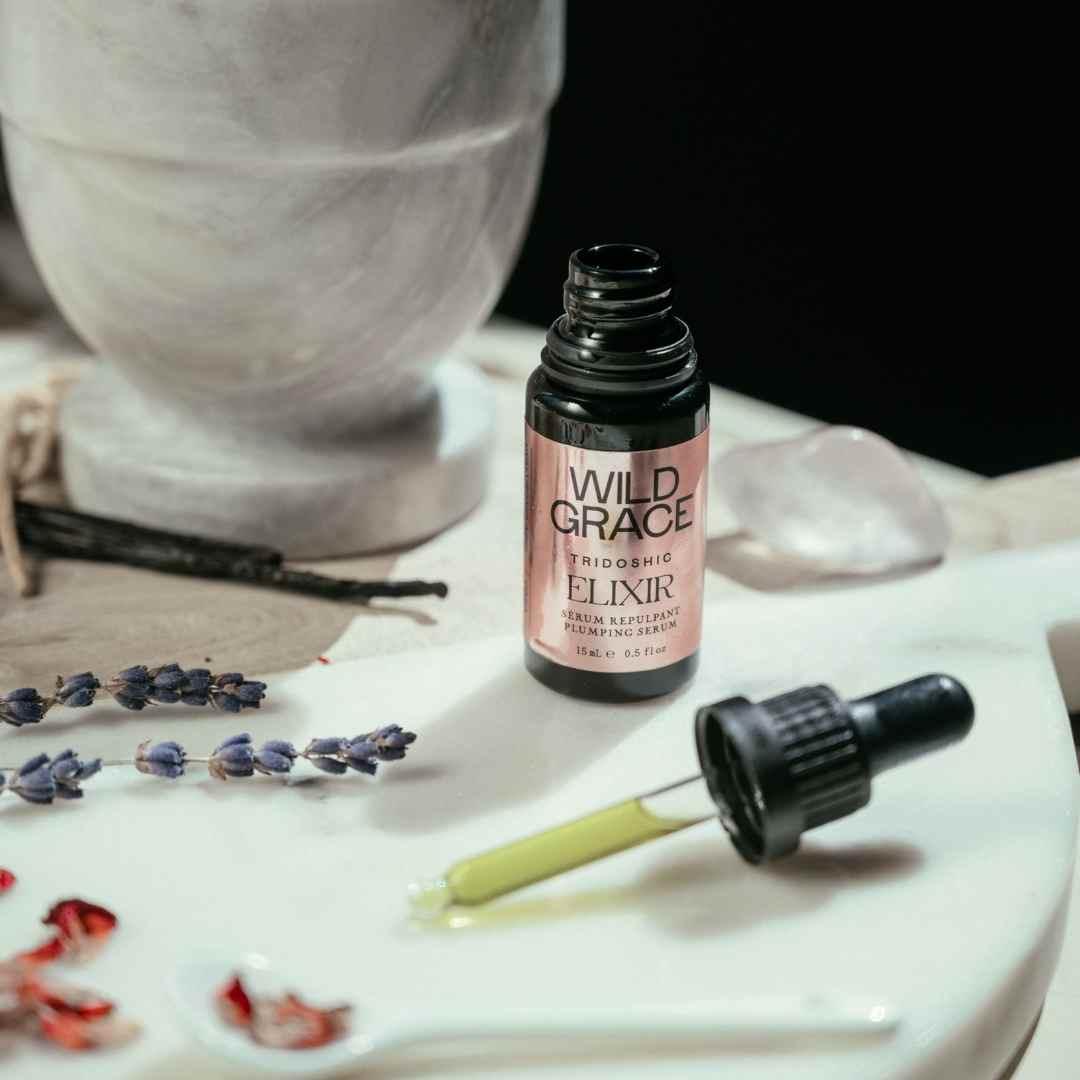
Leave a comment